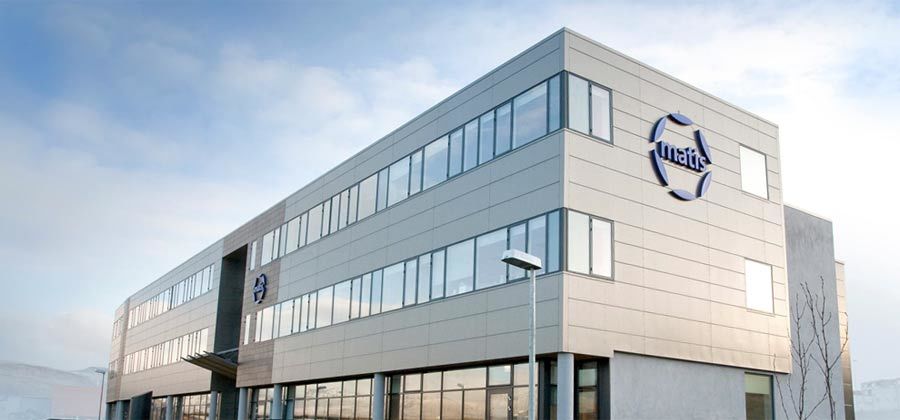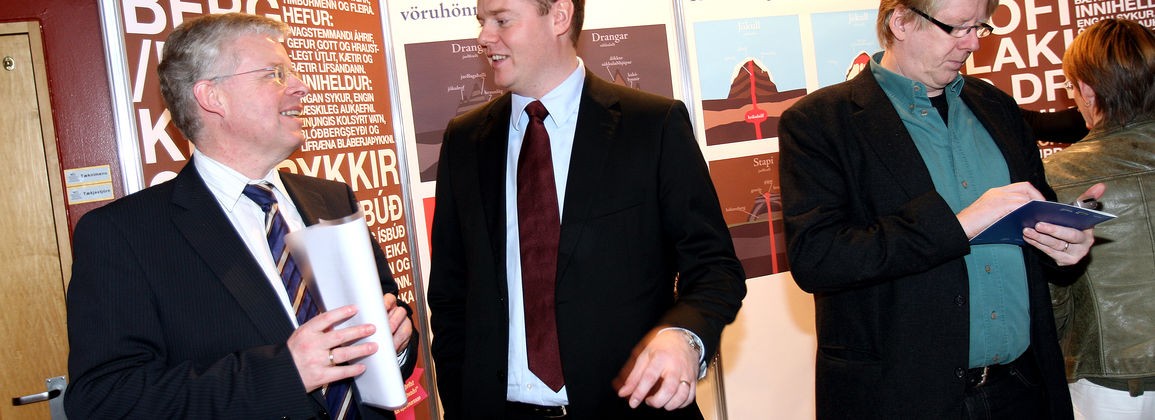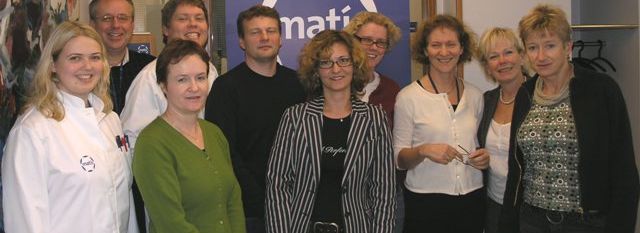The University of Iceland and Matís (Matvælarannsóknir Íslands) have decided to work closely to strengthen research and education in food science, food engineering, biotechnology and food safety. The aim is to significantly increase the number of undergraduate and graduate students in these subjects at the University of Iceland in accordance with a co-operation agreement signed by the University of Iceland and Matís.
The role of the University of Iceland consists of research in the field of study within the relevant faculties of the university and guidance of students in master's and doctoral studies, in addition to being responsible for teaching in the relevant disciplines. Matís' role is to be professionally responsible for selected disciplines as well as to ensure facilities for practical learning, teaching and research. Matís will also direct the practical teaching and training of students in BS studies in food science, which aims, among other things, to increase the number of students graduating in the field of study.
The aim of the agreement is, among other things, to strengthen the competitiveness of Icelandic products and the economy, to improve public health and to ensure food security and sustainable utilization of the environment through research, innovation and services.
"Matís is a leading research institute in the fields of food science, food engineering, biotechnology and food safety. Matís has for years been one of the most important partners of the University of Iceland. The university intends to strengthen research and teaching in these areas in the Science Parks, which will be built on the campus in the near future. This agreement is an important part of the University's intention to strengthen formal collaboration with Matís in the field of engineering and science and in the field of health sciences, not least in nutrition and public health. The University of Iceland has set itself ambitious goals for success in research in the coming years, but close collaboration with powerful research institutes such as Matís is an important milestone in that journey, "says Kristín Ingólfsdóttir, Rector of the University of Iceland.
"The agreement with the University of Iceland offers new and exciting possibilities for Matís and we are convinced that it will further strengthen research work in food science and attract more students to such disciplines within the walls of the university. Matís' role is to strengthen the competitiveness of Icelandic products and the economy, improve public health, ensure food security and the sustainable use of the environment. In order for the company to achieve its set goals, it is important that it works closely with the University of Iceland, which is the largest educational institution in the country, "says Sjöfn Sigurgísladóttir, CEO of Matís.




















